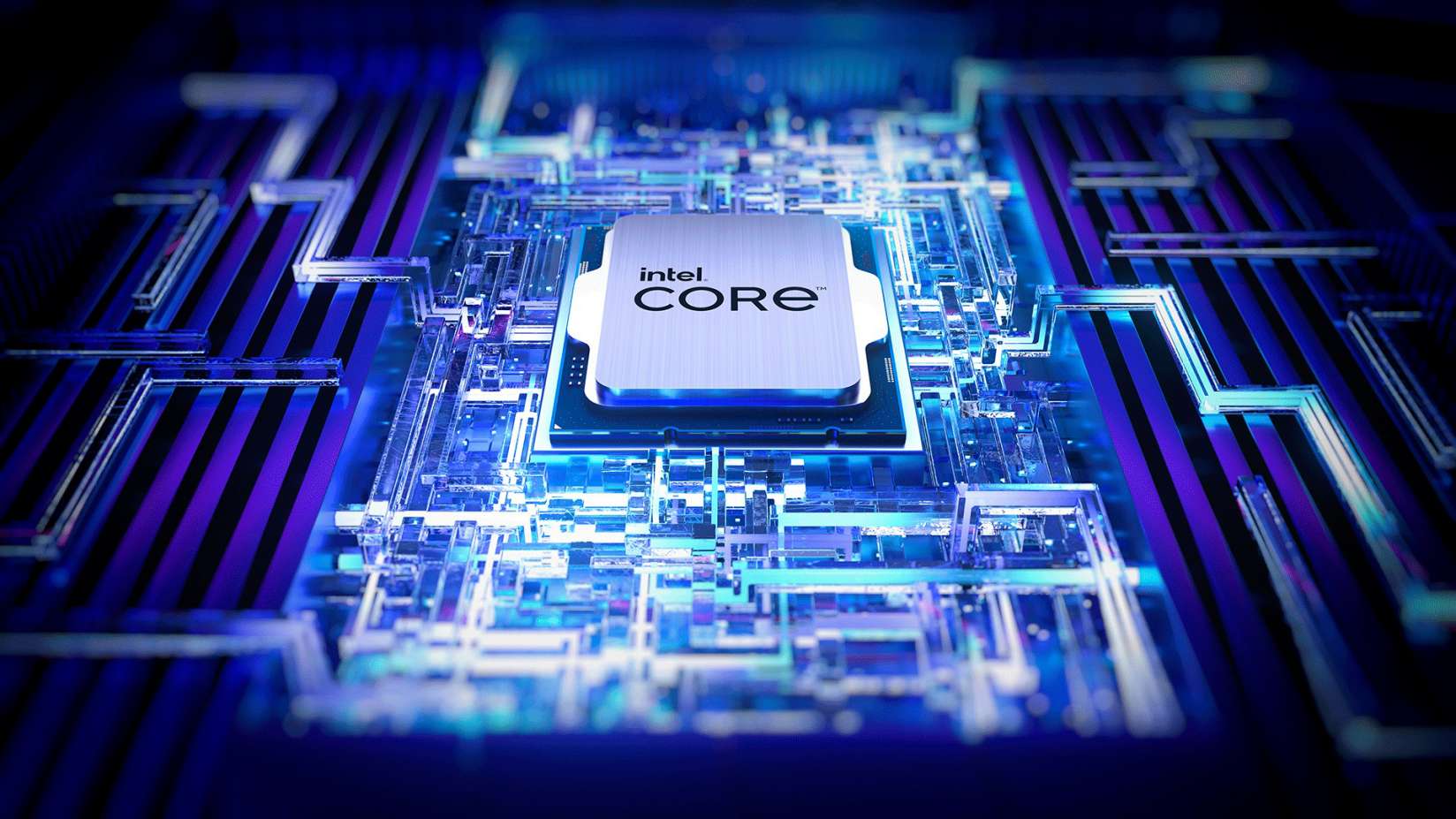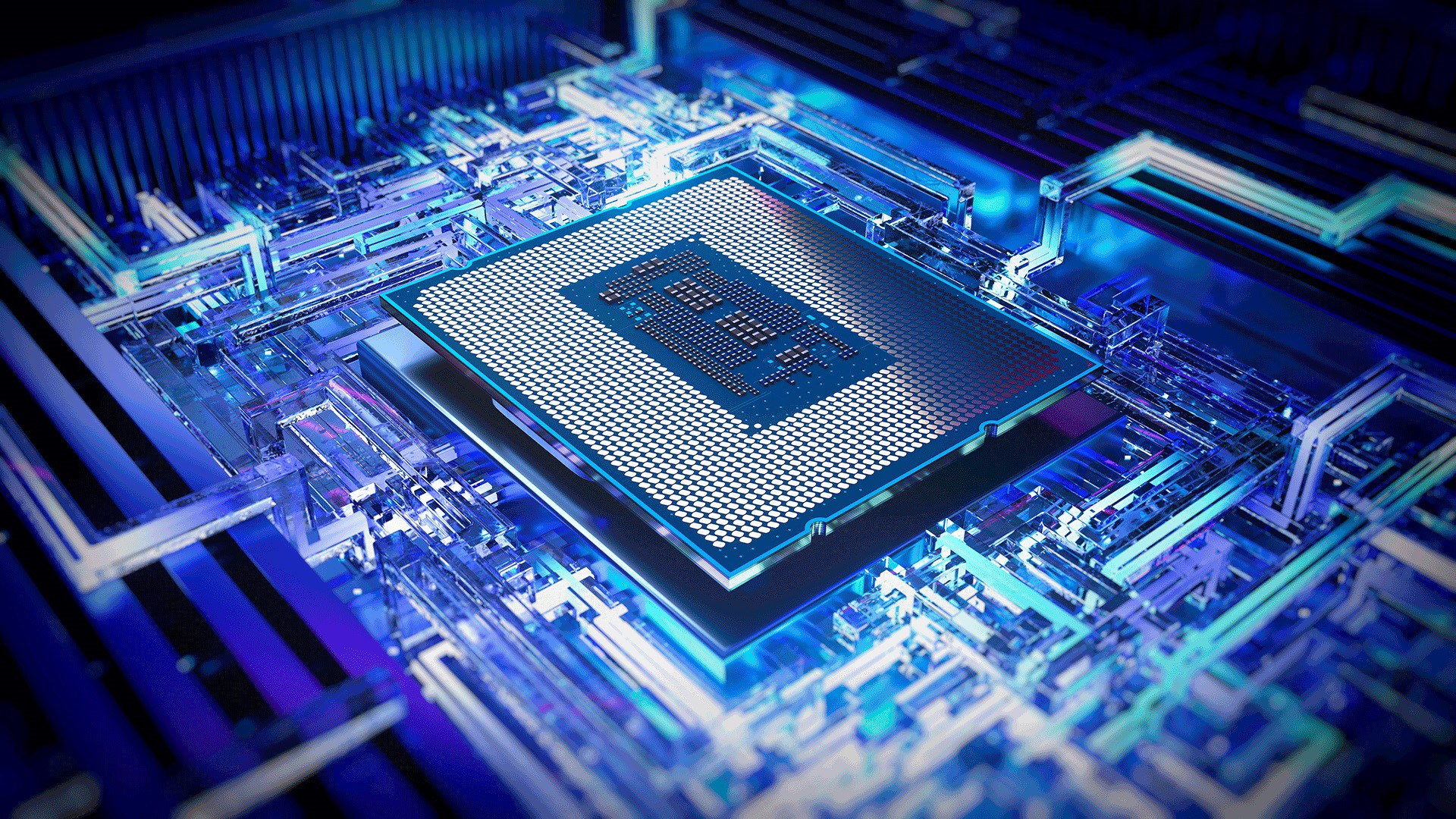Samsung is challenged by Intel and Rapidus

In recent years, Samsung Foundry and TSMC have been the only ones capable of producing chips on 7nm (or better) process nodes. While TSMC has been the best in performance and efficiency, Samsung was a good option for companies that couldn't afford TSMC or achieve sufficient volume. However, things are starting to become more problematic for Samsung Foundry, as new competitors have emerged in the contract-based production of chips.
Intel Foundry (formerly known as Intel Foundry Services) and Rapidus are the latest companies to announce plans to produce chips using 2nm (or better) process nodes. Intel Foundry has announced that it will produce chips using Intel 4 (4nm equivalent), Intel 3 (3nm equivalent), Intel 18A (1.8nm equivalent) and Intel 14A (1.4nm equivalent) nodes.

Japanese company Rapidus has announced plans to produce 2nm chips. This poses a problem for Samsung Foundry. Intel announced its future chip manufacturing processes and schedules at its Direct Connect event. The company looks set to begin production of 20A and 18A chips by the end of this year, and they plan to attract various chip makers with their new nodes.
They have already announced that they will produce chips for Microsoft using their 18A process. In addition, Intel Foundry is reportedly in talks with Nvidia and Qualcomm to produce chips for them. The company has already manufactured Meteor Lake (14th gen Intel) chips using their Intel 4 process. Using the Intel 3 process, they plan to make Xeon server chips codenamed Granite Rapids and Sierra Forest.

The Intel 3 process group will have several versions: Intel 3-T, Intel 3-P and Intel 3P-T. This will be the company's last process family using the FinFET structure for transistors. Newer process nodes (starting with Intel 18A) will use the Gate-All-Around (GAA FET) structure called RibbonFET, just like what Samsung Foundry uses for their 3nm chips. Tenstorrent will use Rapidus' 2nm process for AI chips Tenstorrent, the AI chip company led by legendary chip designer Jim Keller, had previously commissioned Samsung Foundry to make their 4nm chips.
However, the company announced a few days ago that it has entered into an agreement to license its RISC-V CPU and AI processor technologies to Japan's Leading-Edge Semiconductor Technology Center (LSTC). LSTC will use Tenstorrent's technology to create an AI accelerator focused on edge computing that will rely on a multi-chiplet design. Rapidus will produce these chiplets using their 2nm manufacturing process sometime in 2027.
Latest processor - cpu
-
26 Aprprocessor - cpu
-
26 Aprprocessor - cpu
TSMC's new COUPE tech ready in 2026
-
26 Aprprocessor - cpu
First NVIDIA DGX H200 for OpenAI
-
25 Aprprocessor - cpu
Qualcomm unveils Snapdragon X Elite
-
25 Aprprocessor - cpu
TSMC's 'A16' chip poised to challenge Intel in 202
-
25 Aprprocessor - cpu
Nvidia is still strong on AI but can be challenged
-
23 Aprprocessor - cpu
China acquires banned Nvidia chips
-
19 Aprprocessor - cpu
SK hynix and TSMC collaborate on new chips
Most read processor - cpu
Latest processor - cpu
-
26 Aprprocessor - cpu
Nye AMD Strix Point, Strix Halo spec leaks
-
26 Aprprocessor - cpu
TSMC's new COUPE tech ready in 2026
-
26 Aprprocessor - cpu
First NVIDIA DGX H200 for OpenAI
-
25 Aprprocessor - cpu
Qualcomm unveils Snapdragon X Elite
-
25 Aprprocessor - cpu
TSMC's 'A16' chip poised to challenge Intel in 202
-
25 Aprprocessor - cpu
Nvidia is still strong on AI but can be challenged
-
23 Aprprocessor - cpu
China acquires banned Nvidia chips
-
19 Aprprocessor - cpu
SK hynix and TSMC collaborate on new chips






